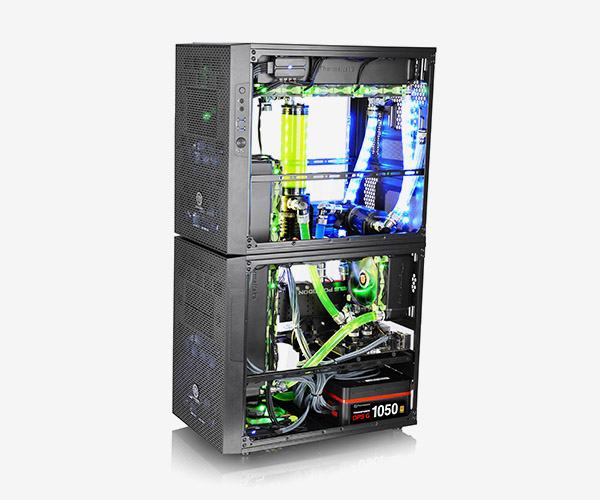So I've been combating a weird issue that only shows up sometimes on my partner's PC. There are times where while in use the temperature will spike up to where the PC thermal throttles and even enters the safety shutdown. Sometimes this doesn't happen for days on end. Things I have looked at while trying to solve this problem:
If you need anymore information, just ask!
Thanks for taking the time to read!
Relevant specifications:
CPU: Ryzen 7 3700X
AIO: Thermaltake TH120 ARGB Sync
Case: Thermaltake The Tower 100
Motherboard: Aorus X570I Pro Wifi
Photo:
Imgur link to photo of the build
- Re-pasting the CPU and AIO
- Checking to make sure all CPU fans are being picked up and spinning appropriately.
- Checking to see if the AIO pump was working. (Can feel vibrations when putting a finger on the pump head)
If you need anymore information, just ask!
Thanks for taking the time to read!
Relevant specifications:
CPU: Ryzen 7 3700X
AIO: Thermaltake TH120 ARGB Sync
Case: Thermaltake The Tower 100
Motherboard: Aorus X570I Pro Wifi
Photo:
Imgur link to photo of the build



